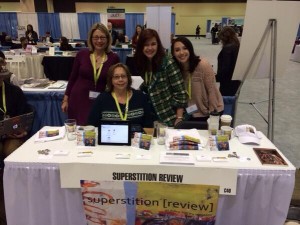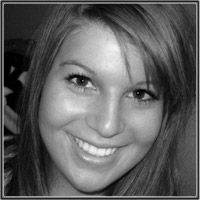On Ways of Bearing Witness to Animals in Poetry: The Examples of Gary Snyder and Emily Dickinson
a discursive poem-blog
Gary Snyder writes of how artists can “join in the defense of the planet and wild nature.
They can ‘bear witness’ because they have been given, as in fairy tales, two ‘magic gifts’:
One is ‘The mirror of truth.’ . . . The second is a ‘heart of compassion’ [that] extends to all
creatures and to the earth itself. . . . Anciently this was a shamanistic role where the [shaman]
became one with a creature. Today, such a role is played by the writer[.] This could be called
‘speaking on behalf of nature’ in the ancient way” (Writers and the War against Nature, 63).
Is it the ancient way to call the animal a creature? Is “speaking on behalf of” to “speak for”?
Watching a bee struggle for purchase between “Firmament above” and “Firmament below”
by landing on a clover “plank,” Dickinson refrains from putting words in the bee’s mouth.
The plank is “Responsible to nought” and when the “Billows of Circumference” sweep away
the bee, the “Bumble Bee was not -” The speaker’s claims to know the bee, hence her careful
tracking of his fate, are belied by the limits of her powers of perception: she can see
but not hear him. She does not “bear witness” by speaking on behalf of or for the bee. She
dwells on the surface, reporting the bee’s perceivable movements. An empiricist in method,
the speaker adopts a phenomenological diction, and the poem tracks the human watching the
insect trying to find a place to weather the universe, the “Circumference,” which sweeps him
at last on his way. She thinks about what she knows she has seen, but not what it means to the
bee. “Freight of Wind” is one vowel tone away from “Fright,” but the latter word’s laden
with a human’s reaction to a strong wind. “Freight” is merely material, the wind’s weight.
The event is “harrowing,” but to whom? Nothing is wrung from the bee, no sound not least
“A wandering ‘Alas’ –“ The knowledge that the speaker claims, “a Bee I personally knew,”
is ambiguous. How does she “personally” know the bee? Because she watched him
“sinking in the sky”? What kind of knowledge is that? The speaker cannot access the bee’s
interiority but only her own. She neither projects her feelings onto the bee nor personifies him.
Dickinson feels along the surface of her encounter with the bee. She does not cross physical
paths with him. She doesn’t save and cannot quote him. She does not put a human face on him
(although she gives him a gendered pronoun). She supplies the occasion for an imaginative
“Alas” but she acknowledges the word’s status: She’s close enough to hear that she can’t hear.
The bee is “not”: not her, not a fellow, not a figure for the writer, not like a human. Not cute.
We do not “personally” know this bee by the poem’s end. That is what she bears witness to.
This poem-blog was inspired by the study Surface Encounters: Thinking with Animals and Art, by Professor Ron Broglio in the Department of English at ASU, and the author thanks him as a pioneer in the field of literary animal studies. The Dickinson poem quoted is Fr1297.
Photo credit: Sylvain Gallais


